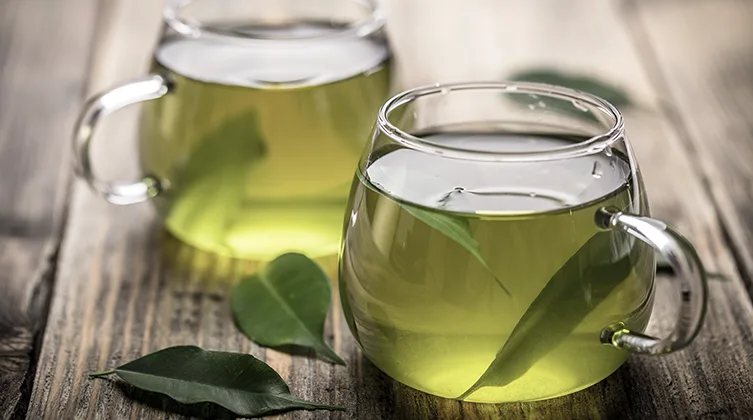Unwanted inflammation is a common hallmark among numerous illnesses such as cardiovascular disease, diabetes, arthritis, depression, and so forth. One of the most potent and modifiable inflammatory sources is food. There is a great deal you can do to lower unwanted inflammation and reduce your disease risk, simply by modifying your diet.
Below are some top anti-inflammatory foods to incorporate into your diet; followed by some top inflammatory foods to restrict or avoid.
Anti-inflammatory foods – enjoy more of these!
- Turmeric – this wonderful spice can be consumed both fresh and dried. There are numerous ways you can incorporate it into recipes. Indian-style curries are my first choice, but you can also add it to scrambled eggs or tofu, omelettes, tea, patties.
- Green leafy vegetables – such as spinach and kale.
- Potatoes – yes, you read right! Potatoes are a wonderfully satiating and nutrient-dense food that can help keep inflammation under control.
- Green tea – green tea is a potent source of antioxidants that help neutralize damaging free radicals.
- Cacao powder – cacao is a potent source of quercetin. Quercetin is an antioxidant that helps protect the body from damaging free radicals.
- Oily fish, such as mackerel, herring and salmon. You’ve probably heard of omega-3 fatty acids being beneficial. This is because these types of fats are anti-inflammatory.
- Capsicum – capsicum are an excellent source of the more broadly known antioxidant, vitamin C, particularly yellow capsicums (aka. peppers). Enjoy them raw in a salad or cook them up in an endless variety of ways.
- Oysters – love or dislike them, oysters are the best source of zinc. An essential nutrient that many people are deficient in, and that is particularly important for males. Zinc plays an important role in modulating the immune system.
- Seaweed – seaweed contains large amounts of essential minerals and alginate, which is a kind of dietary fibre.
- Garlic – garlic is an effective immunomodulatory agent that may even protect DNA from damage and reduce to risk of developing certain cancers (study).
Pro-inflammatory foods – reduce or eliminate these!
- Seed/vegetable oils – vegetable oil, canola oil, safflower oil, vegetable shortening
- White flour, breads and pastas – a 2010 study demonstrated that a diet high in refined grains led to a greater concentration of inflammation markers in the body! Swap refined grain products for whole grains.
- Animal products – these have been linked to inflammation in a number of studies. The mechanisms are most likely varied including the concomitant effects of saturated fats, trans fats, arachidonic acid, advanced glycation end products (AGEs), heme iron and industrial pollutants. The way meat is cooked may also influence the inflammatory effect. I always recommend to people who eat meat that they embrace a Meatless Monday or add a few vegetarian meals to their weekly diet.
- Excess alcohol – certain types of wine may be anti-inflammatory when consumed in moderation, but more than that and alcohol quickly becomes pro-inflammatory! Alcohol consumption has been strongly linked to cancer, and one of the key hallmarks of cancer is inflammation!
I hope you find this cohesive list useful.





